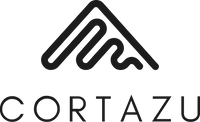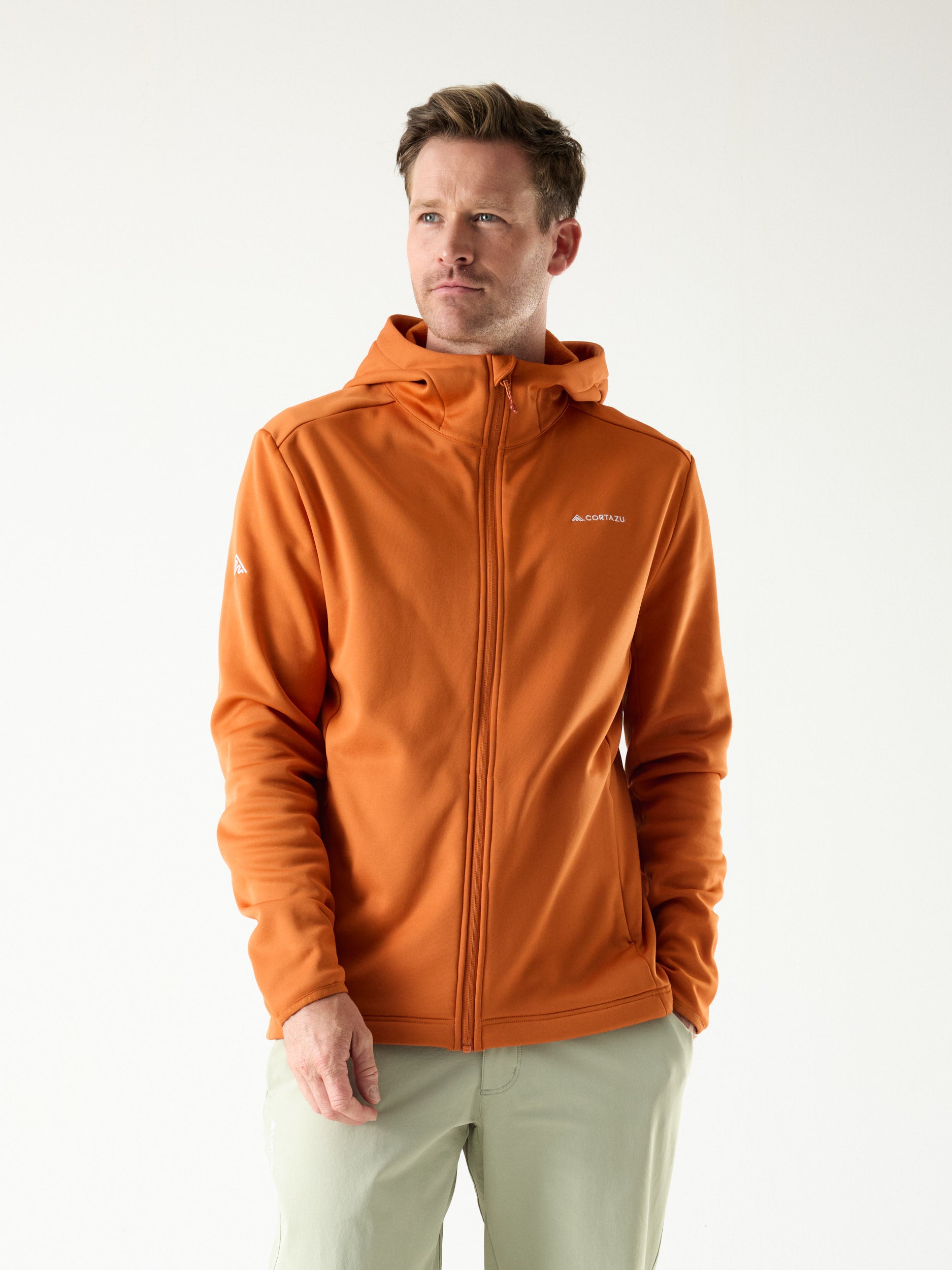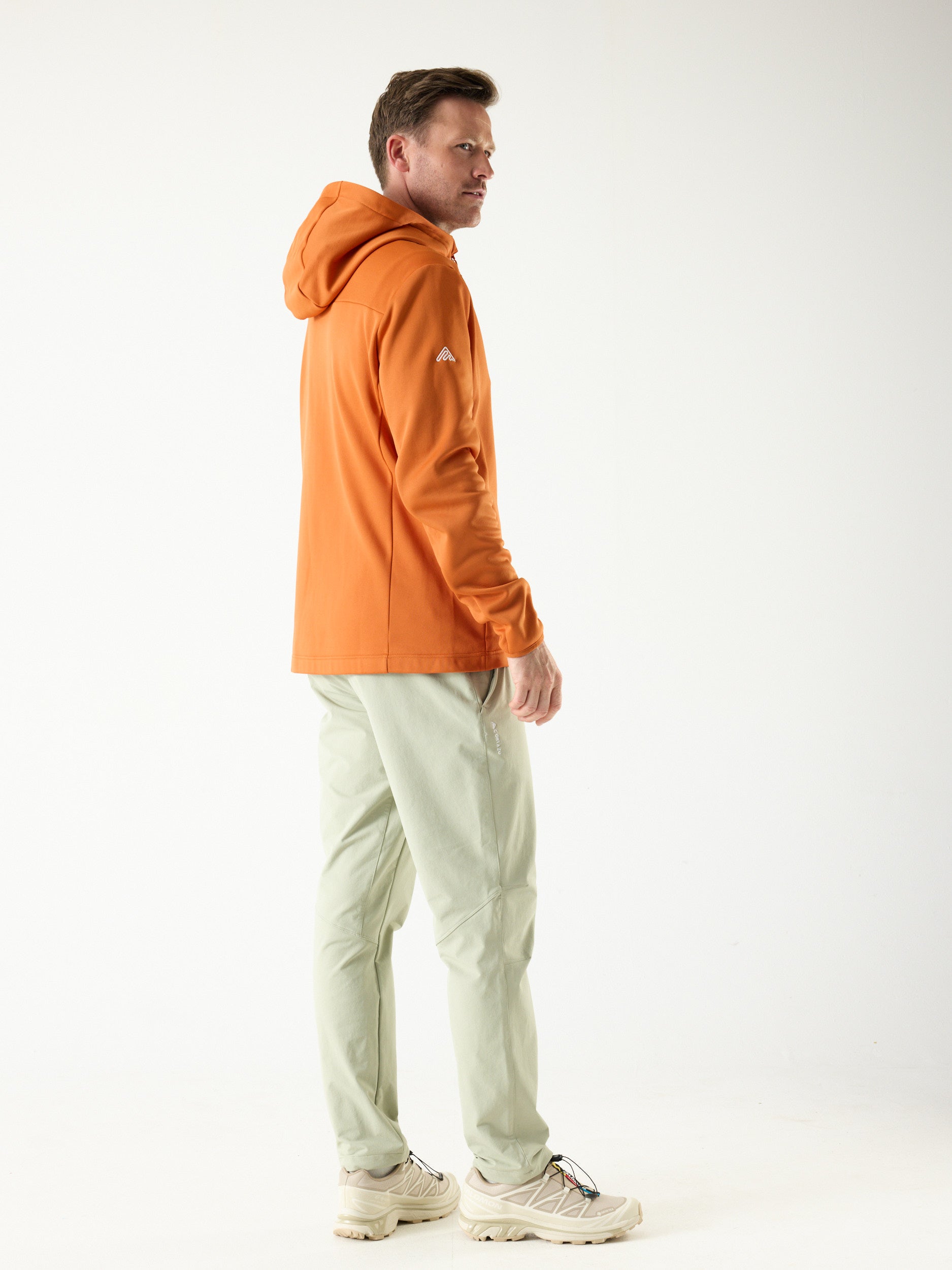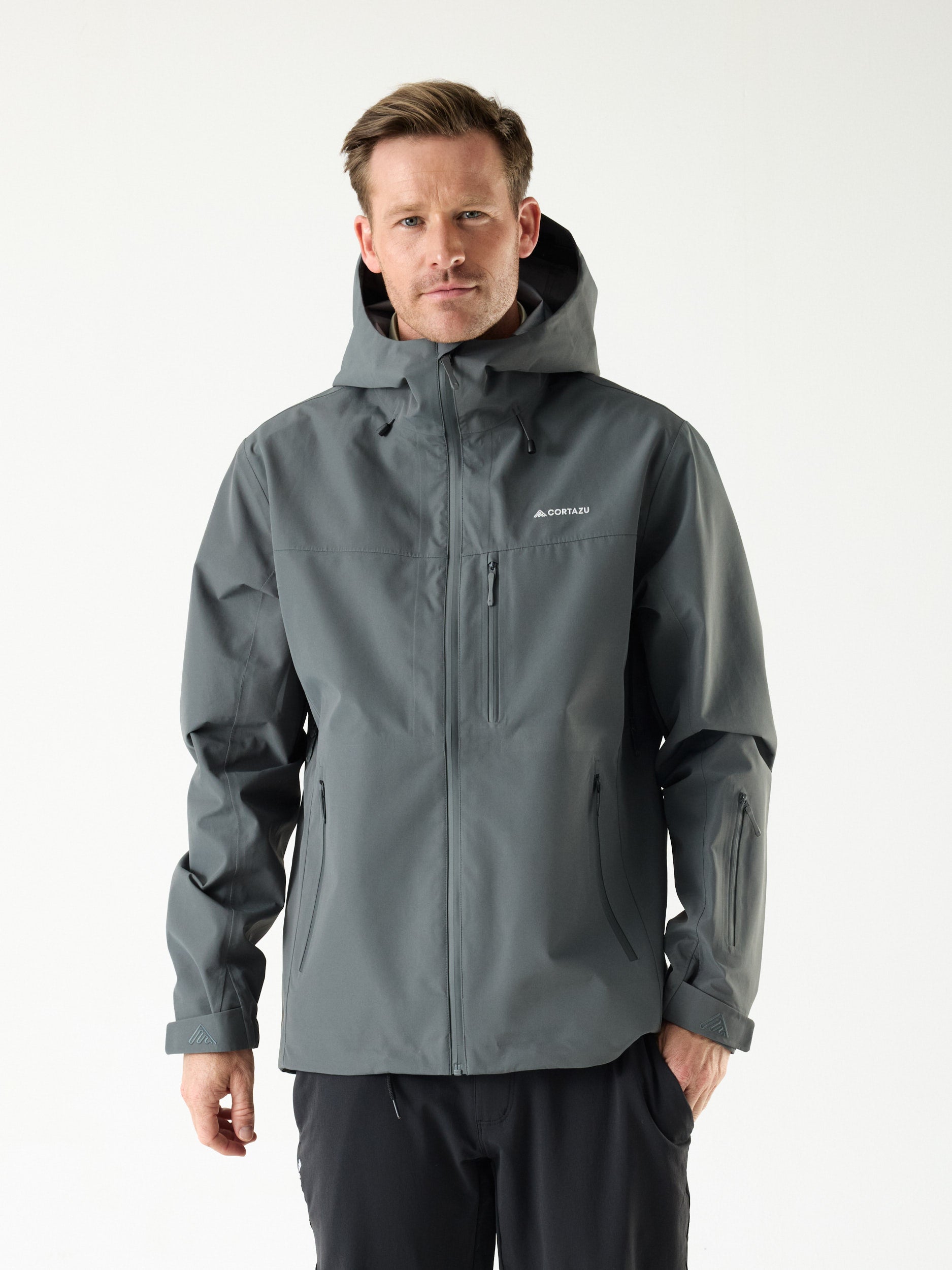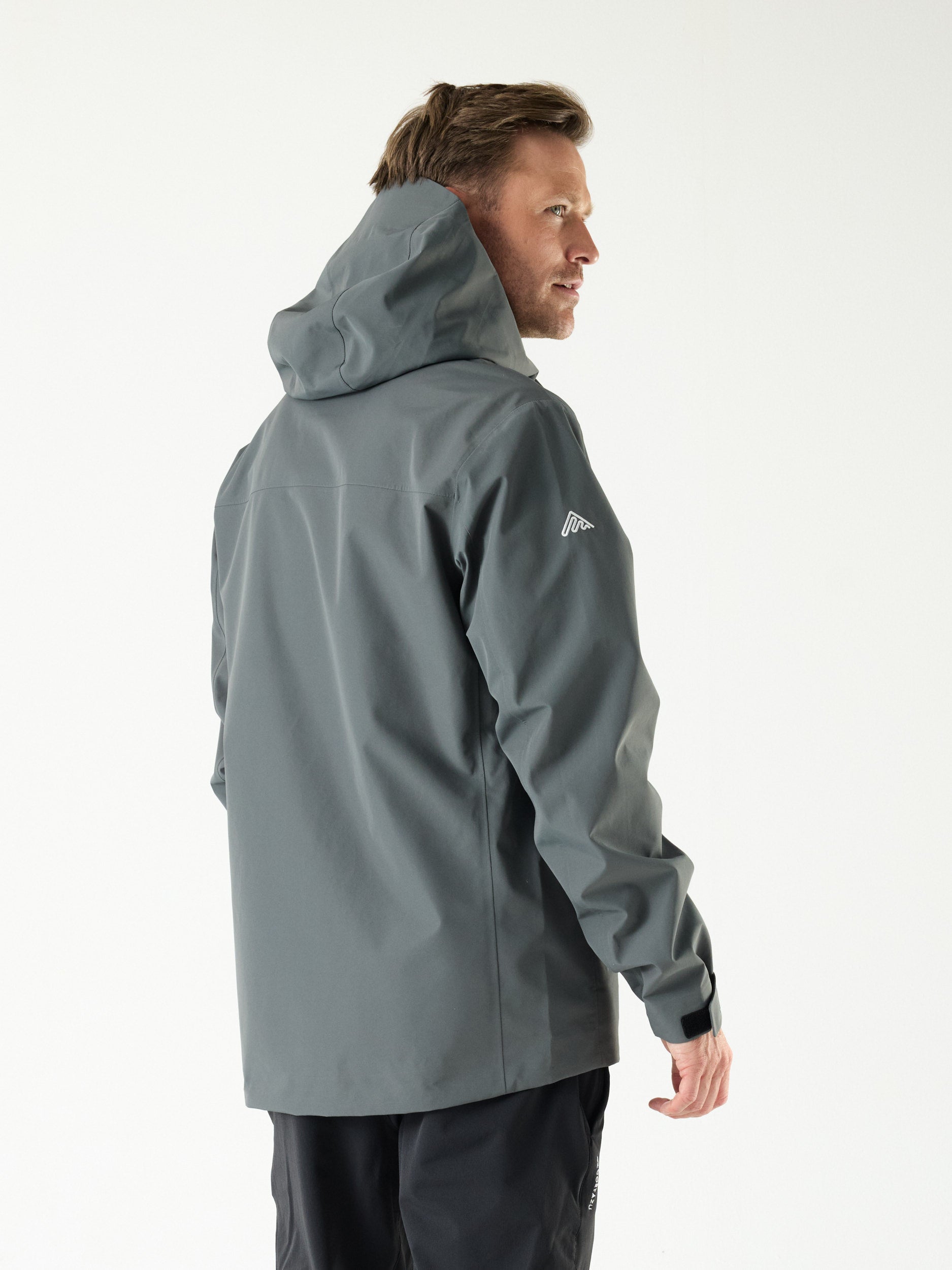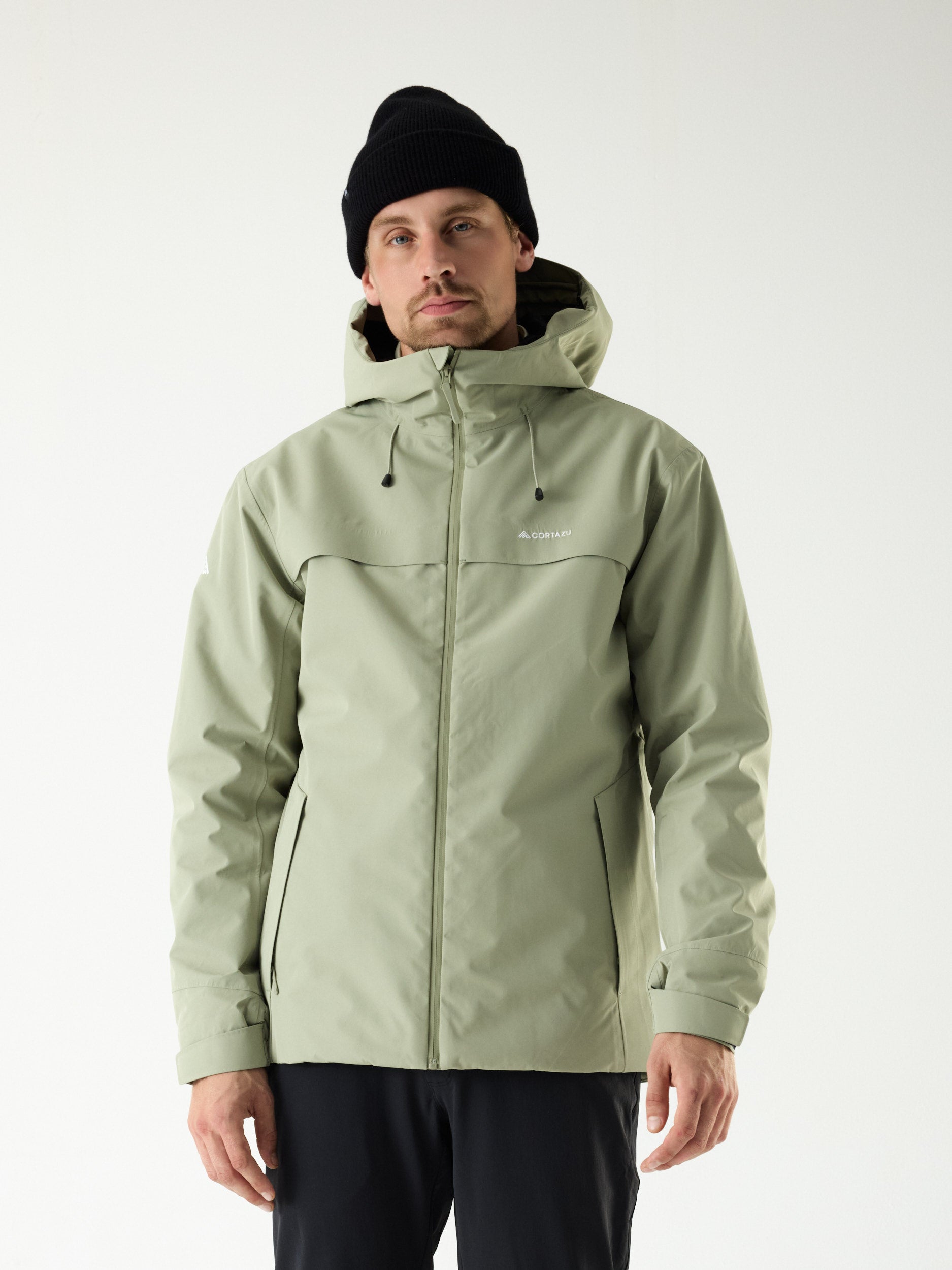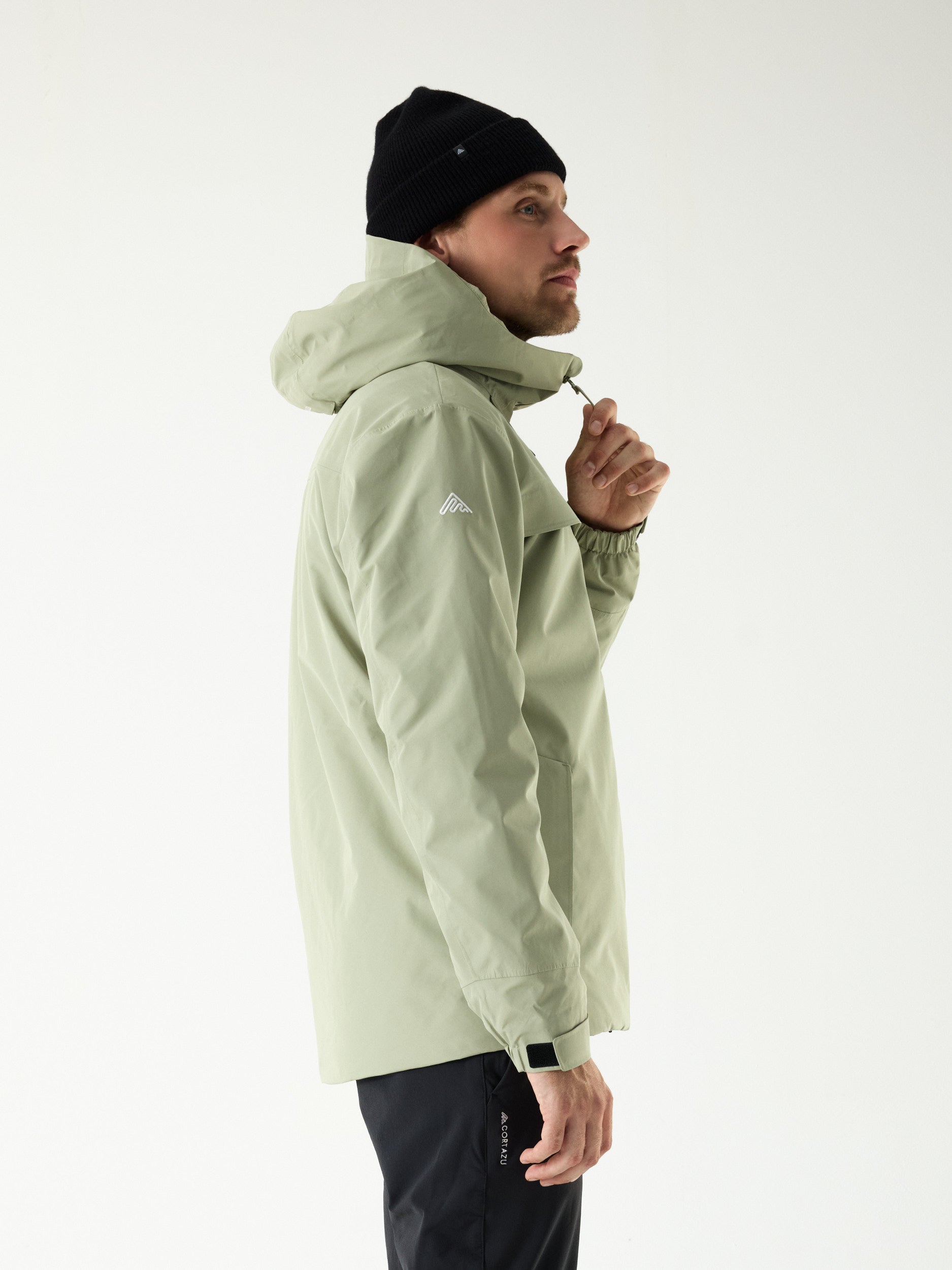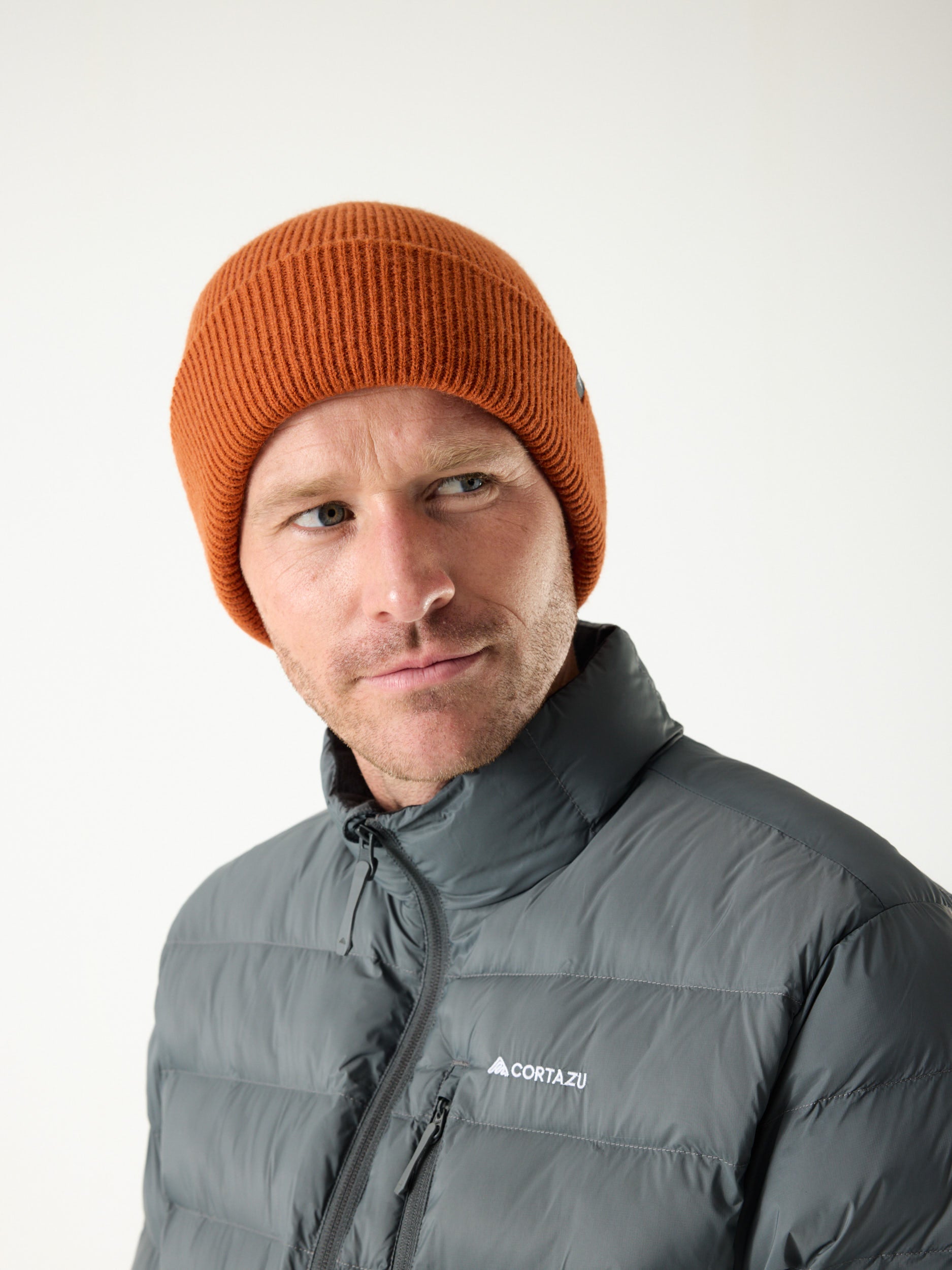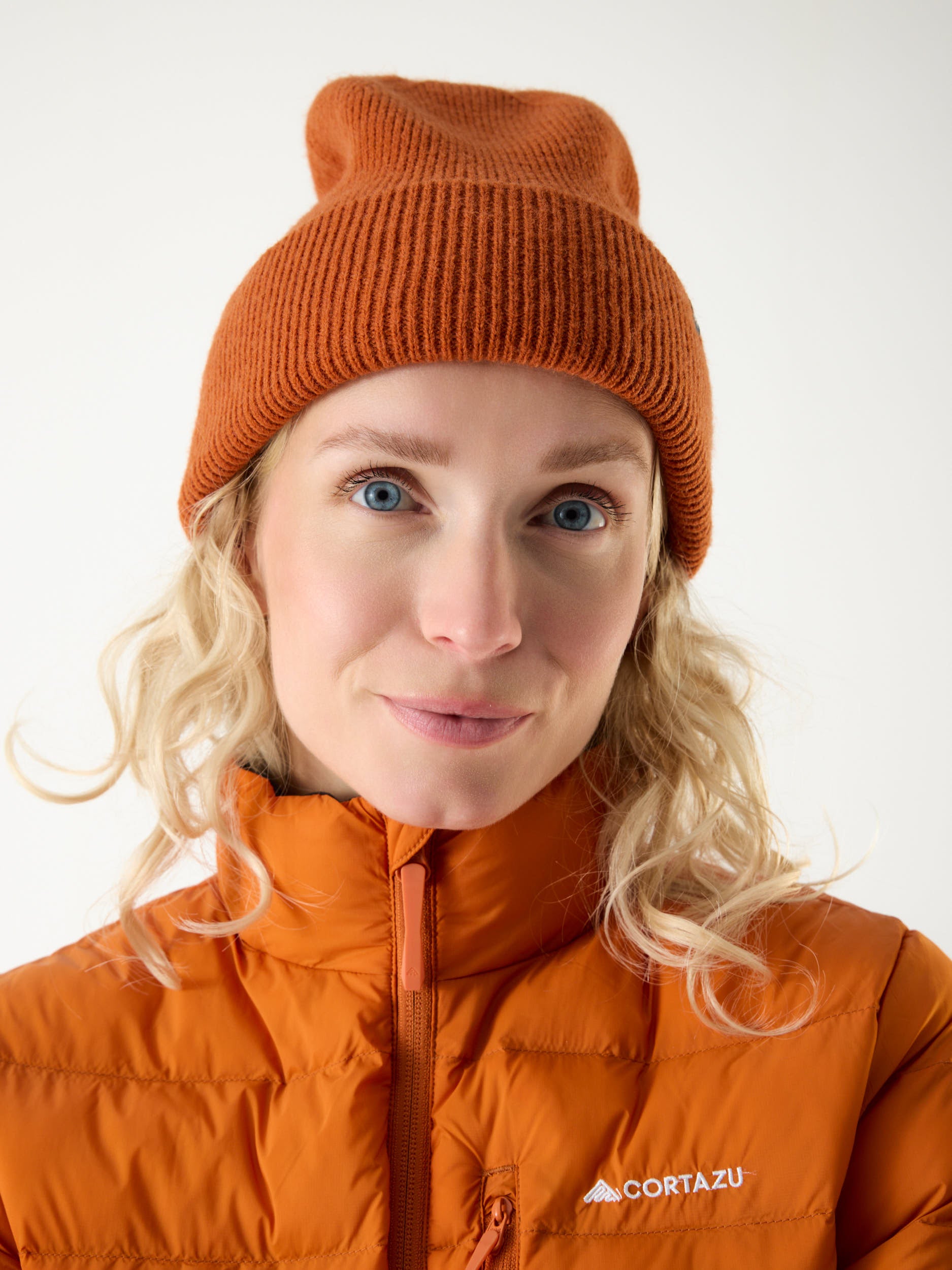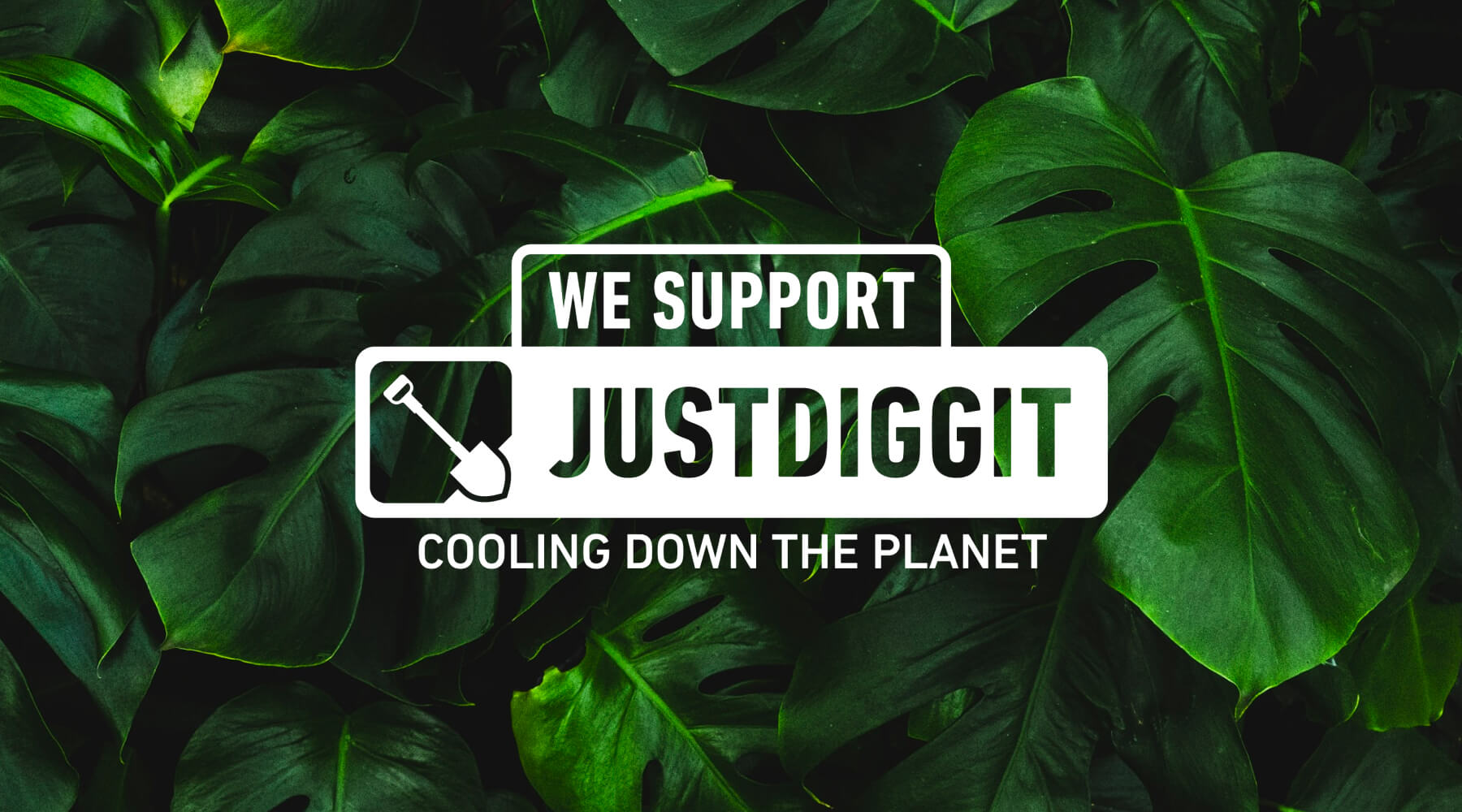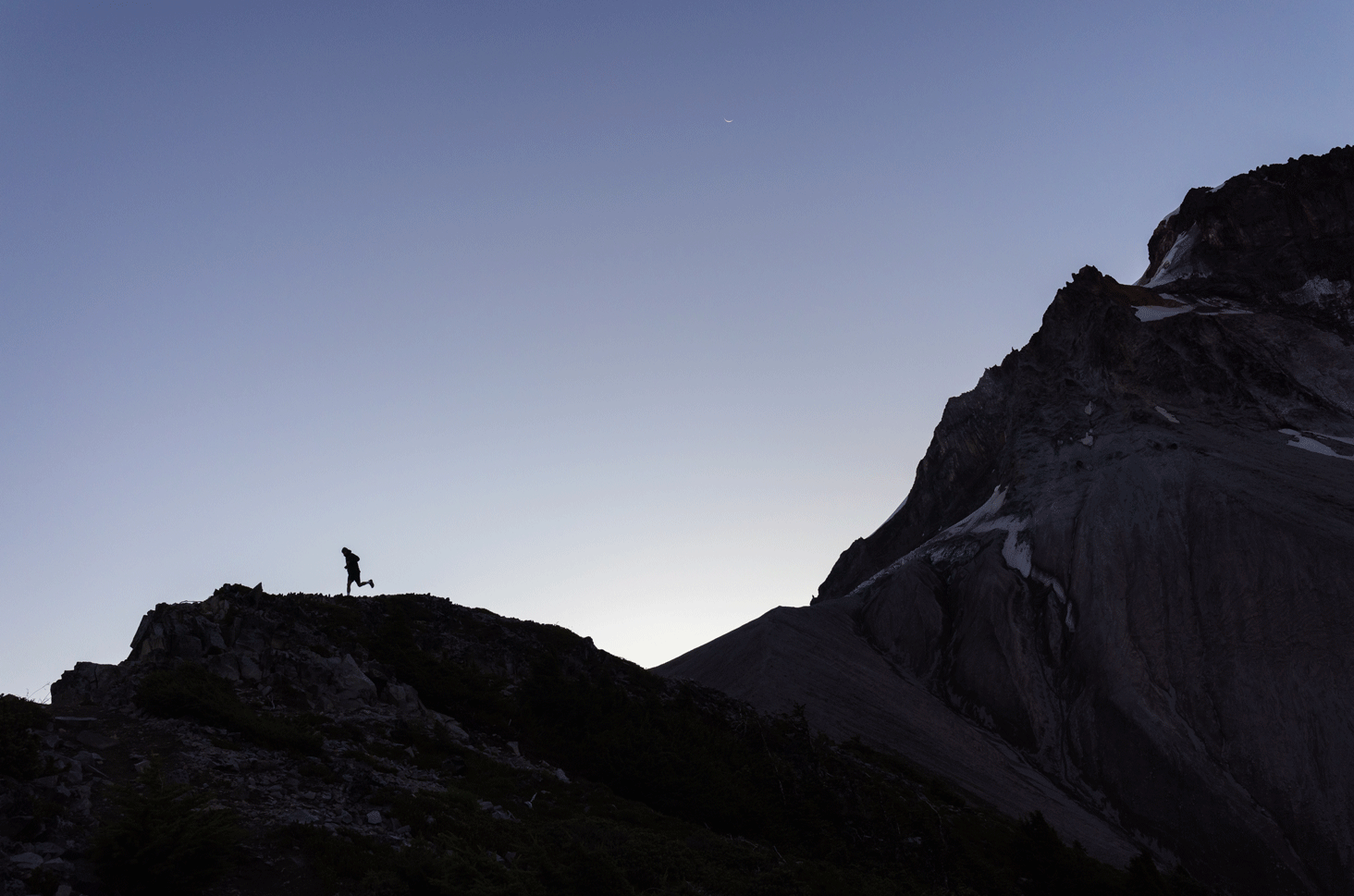Cortazu is on a green mission! By supporting the regreening projects of Justdiggit, Cortazu helps to turn degraded landscapes in Africa into green oases again. How we do this? By investing in so called water bunds, dug in the Enkii area in Kuku Kenya. These bunds capture rainwater, so it has more time to enter the soil and restore it. This restoration also means that the seeds in the soil get to grow, re-greening, and cooling down the area. For each jacket sold, we re-green 62 square meters of land on the foot of the Kilimanjaro. This way we're able to support local communities and (re)growth of a beautiful piece of nature. While you can go climbing up the mountain topped with snow for a once in a lifetime experience.
IF WE CAN WARM UP THE EARTH, WE CAN ALSO COOL IT DOWN.
What is Justdiggit?
Justdiggit makes dry land green again by inspiring and activating farmers in Africa to start regreening, positively impacting climate change, nature, and people. Degraded landscapes are restored by combining traditional techniques with new technology, and by using media and communication in order to reach the hearts and minds of people. Together with its partners and media network, Justdiggit creates the “Regreen Revolution”: a grassroots movement that jointly restores and regreens land and helps to cool down the planet.
Of course, there is a wonderful team behind all this! The Justdiggit team consists of determined people, all with a private sector background, which is reflected in their startup culture.
But they aren't doing this alone! They have joined forces with several type of partners to ensure scale, local presence and consistency in their program development and campaigning work. Together with their amazing local and international partners, they are creating a major impact.
Projects
Tanzania - Dodoma | Re-grow Trees
Dodoma is the heart of Tanzania and home to the capital. With a surface of 41,311 km2 it has almost the size of the Netherlands. The population is 2,083,588 (2012), of which 90% depends on land for livelihood. The land is used for small-scale agriculture and livestock keeping. Although communities in the Dodoma region (a semi-arid area) have demonstrated an amazing resilience to the harsh environment and severe climate, the complex problem of deforestation, land degradation, and climate change has continued to accelerate at an alarming rate, thus destroying the capacity of ecosystems to sustain biodiversity and to provide natural resources of water, and fertile soils.
To improve peoples’ livelihoods and climate change resilience in the Dodoma region, as part of the ultimate goal of regreening Tanzania, Justdiggit partnered up with LEAD Foundation. In 2017, the area for this program was selected and the design for the project has been made. It was firstly implemented in the district of Kongwa, in the eastern part of the Dodoma region. As of May 2018, the program was introduced in the entire Dodoma region. Together with teir partners LEAD Foundation, MetaMeta, and the local communities, they have selected the interventions that are implemented in this project. The program consists of a combination of Farmer Managed Natural Regeneration (FMNR) and rainwater harvesting techniques.
Kenya - Olgulului | Bringing Back Grasses 
The Olgulului – Ololarashi group ranch is pretty close to the border of Tanzania and home to Maasai pastoralists. For the Maasai people, livestock is very valuable and at the center of everything. Unfortunately, nowadays, it’s not easy to keep livestock. Due to severe droughts, overpopulation and therefore overgrazing, and less communal land for the Maasai, the rangelands are heavily degraded. Trees, shrubs, and grass species have disappeared because of this heavy erosion. The loss of pasture due to all the above has resulted in a decline in livestock productivity and an increase in competition between people and wildlife, especially elephants…. But….. Together with partners African Conservation Centre (ACC) and Amboseli Ecosystem Trust (AET), Justdiggit started a two-year program (July 2019 – June 2021) to restore and regreen the degraded areas, and to improve the livelihoods of the communities. They selected a combination of interventions among which the digging of bunds, setting up and managing Olopololi’s (dry season grazing areas), grass seed banks and educating the Maasai communities about livestock and grazing management.
Kenya - Amboseli | Keeping the Wildlife

Amboseli National Park is one of the most famous wildlife parks in the world. Unfortunately, the park and surrounding areas are severely affected by extreme droughts of several years. Until now Justdiggit has successfully re-greened 1,250 hectares of grass- and woodland in and around Amboseli National Park, together with their local implementation partner the Amboseli Ecosystem Trust (AET) and Maasai communities. They use a combination of ancient and new techniques focusing on grazing management and rainwater harvesting. The traditional Maasai Olopololi plots have enabled badly degraded lands to recover from extensive grazing and temporary elephant exclosures allow deforested areas to become woodland again, at a surprisingly fast rate!
Kenya - Kuku | Digging for Re-greening
Southern Kenya is the home to the Maasai people, who mostly depend on the land as the main source of income and food. In this project, Justdiggit has managed to re-green 885 hectares of severely degraded land so far, together with the local Maasai community and their local partner, the Maasai Wilderness Conservation Trust (MWCT). To be able to recover this area, the Maasai community has dug 78,400 (!) rainwater harvesting bunds. These stopped further erosion and enabled rainwater to infiltrate into the soils again, which has led to vegetation to recover. Also, grass seed banks have been initiated and are now managed by Maasai women. This re-greened the barren area near their doma (small settlement). They harvest seeds and grasses which generates income while the landscape is restored at the same time!
